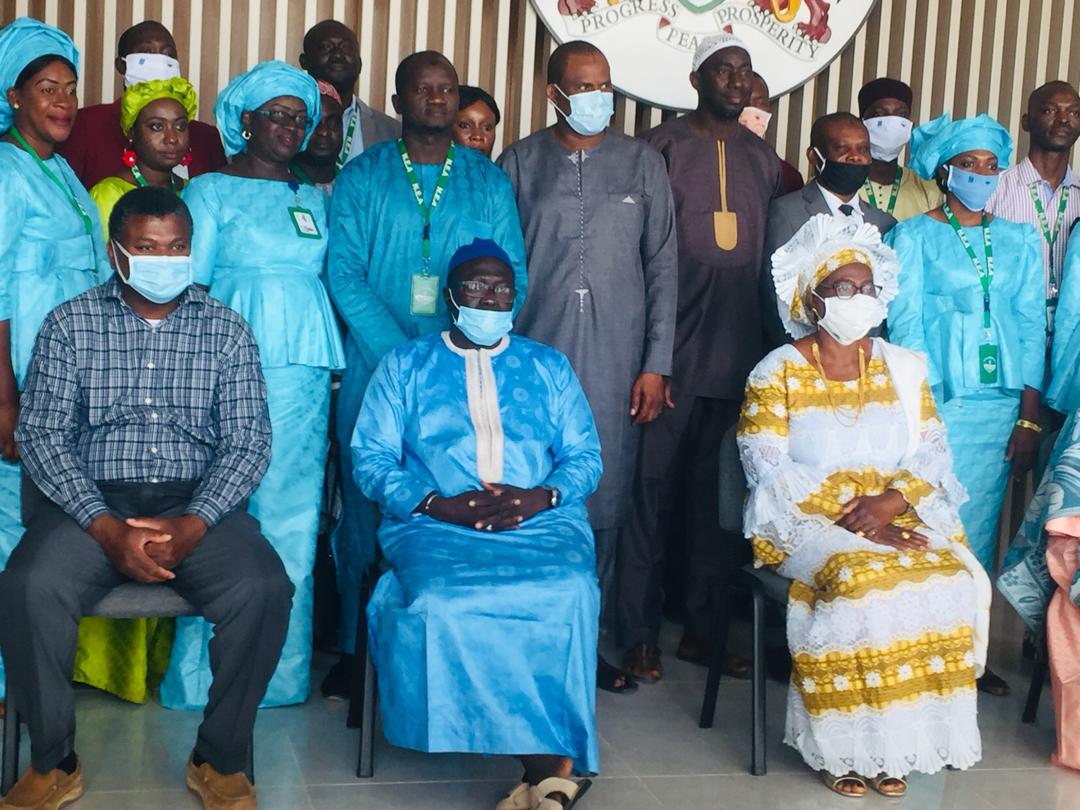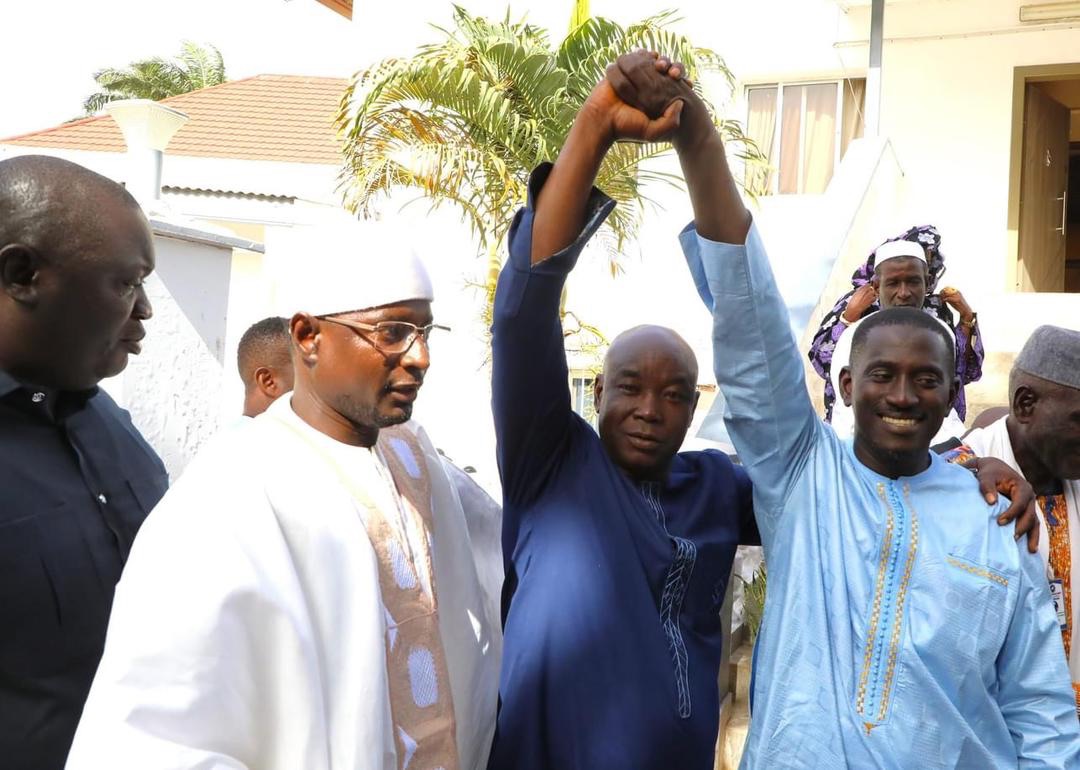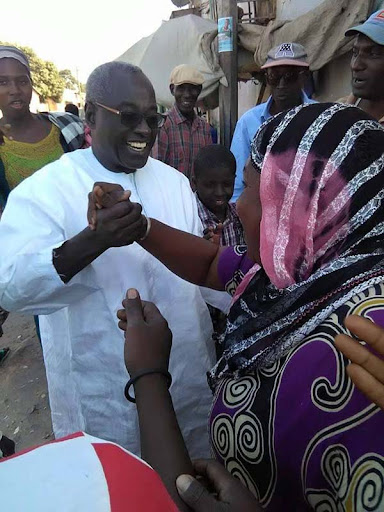By: Mariama Njie
Vice president Dr. Isatou Touray, has vowed that government will undertake major efforts to access climate change financing through the use of a comprehensive resource mobilization strategy that will lead to the development of bankable project proposals.
She made the disclosure at a senior government official’s forum with authorities of the National Environment Management Council under the National Environment Agency recently.
VP Dr. Touray described the gathering as a credit saying Gambia is susceptible to vagaries of environment and climate which cause much damage to coastal ecosystems, farmlands, settlements and livestock.
“Some of the obstacles hampering sustainable environmental management in the Gambia are the existing poor institutional and regulatory frameworks and sensitization to improve the awareness of both public groups on environmental laws.
The current early warning system in the Gambia is limited to meteorological data and does not satisfy the needs linked to food security,” she said, adding the government will review the existing Act (NEMA, 1994) and strengthen the institutional frameworks for the environment,” she said.
“One of the functions of the National Environment Management council is to make important policy decisions at the highest level.
The National Environment Agency is responsible for regulations and coordination of environmental issues, environment and development has to go in parallel because when you take the economy too much over the environment, the consequences and the price that you pay in the subsequent years is too high for the world and our ecosystem is not ready to take responsibility,” Lamin Dibba, Minister of Environment, Climate and Natural Resources said:
He urged that environment be in national development issues to ensure and reduce the ecological footprint of high-consuming societies and also make a sustainable partway in national development agenda.
“Environment is one of the most important portfolios because as a developing country we are looking forward to food self-sufficiency and without fertile lands, it will be difficult for us to have a food system that will be healthy for our people.
“Without good quality of water, we will incur high health bills, and without high quality of air, we will have a lot of respiratory disease in our country. So, this council is very important and I urged Gambians to change their attitudes toward the environment,” he said.





